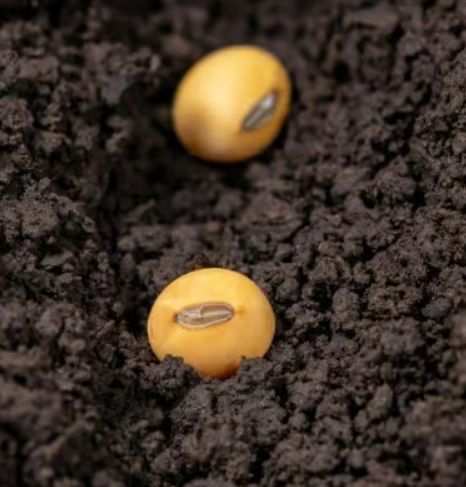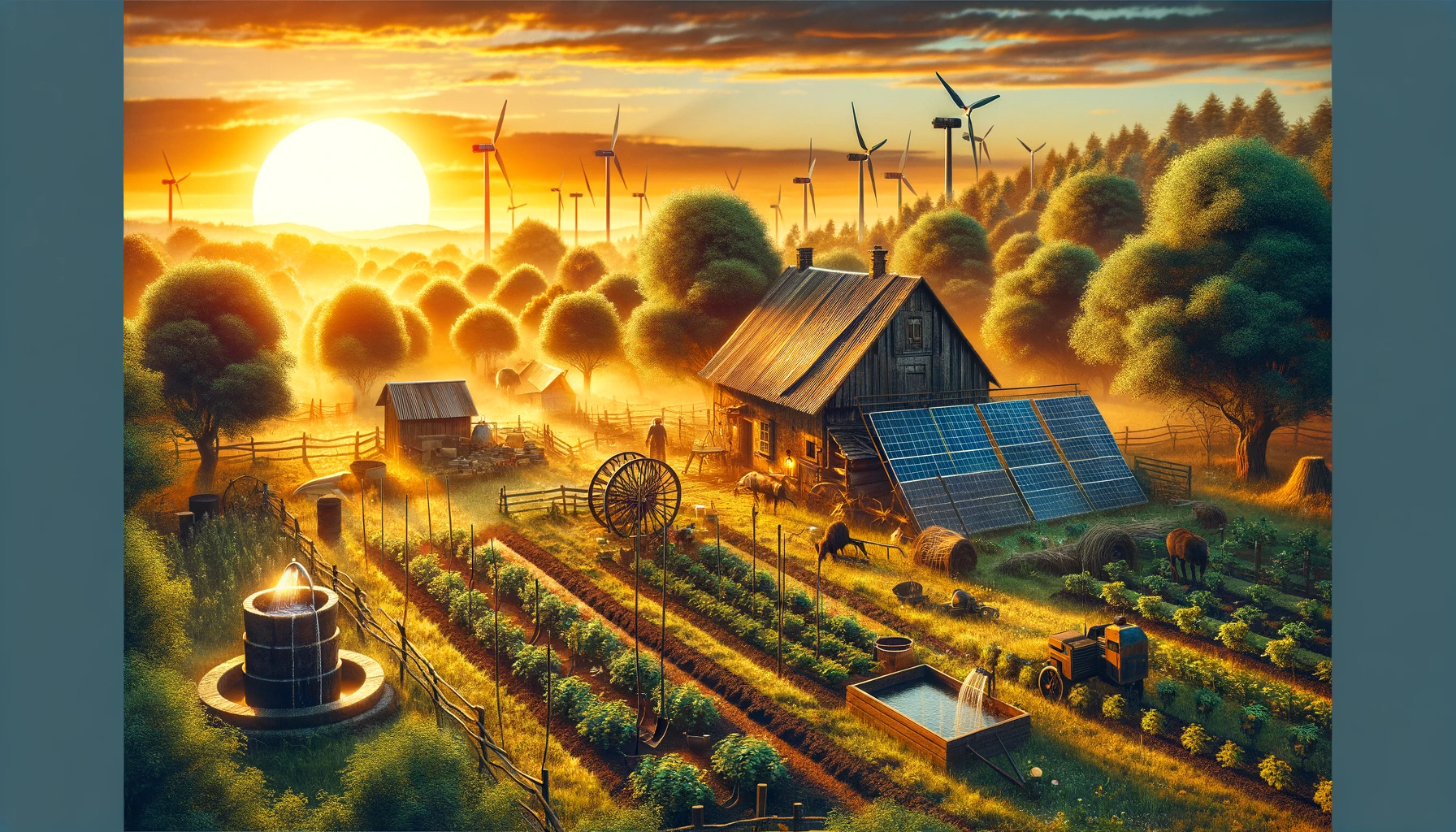The Poisoned Needle
by Eleanor McBean
Free downloadable PDF file!
DOWNLOAD IT, READ IT, SHARE IT!
For the past 2000 years physicians have been looking in
the wrong direction for the cure of disease. Their worse
than useless practice of killing germs with poison drugs
has never—and can never—solve the problem of disease.
During the Dark Ages, before the introduction of
improved nutrition and sanitation, the world was intermittently visited with epidemics of smallpox.
The cause was
stubbornly ignored and the seeds for more disease were
sown when vaccination was brought into popular use. This
infusion of poison injected into the blood stream of the
masses only served to intensify the disease in some cases,
suppress the symptoms in others and create new and more
serious diseases in still others.
So, with the passing of years
we have seen this misbegotten child of ignorance grow into
a Frankenstein monster of immense proportions that moves
relentlessly forward, grinding under foot the multitudes that
throng its path.
Through the lethal power of this poisoned needle, the
simple zymotic (contagious) diseases of the past have been
devolved into the horrors of the present—our terrifying and
expanding crop of “killer diseases”. Many of these strange
“mystery diseases” that baffle the entire medical world, are
the sordid products of vaccine poisons that disturb the
chemical balance of the body and interfere with normal
functioning.
All these medically-made atrocities are far worse than
smallpox or any of the other eruptive diseases that nature
provides as a means of expelling the accumulated poison
waste from the abused body.
This interference with the
balanced economy of nature has multiplied the problems
beyond the power of science to control.
Our worst epidemics now are epidemics of vaccination
https://archive.org/details/the_poisoned_needle_mcbean
by Eleanor McBean
Free downloadable PDF file!
DOWNLOAD IT, READ IT, SHARE IT!
For the past 2000 years physicians have been looking in
the wrong direction for the cure of disease. Their worse
than useless practice of killing germs with poison drugs
has never—and can never—solve the problem of disease.
During the Dark Ages, before the introduction of
improved nutrition and sanitation, the world was intermittently visited with epidemics of smallpox.
The cause was
stubbornly ignored and the seeds for more disease were
sown when vaccination was brought into popular use. This
infusion of poison injected into the blood stream of the
masses only served to intensify the disease in some cases,
suppress the symptoms in others and create new and more
serious diseases in still others.
So, with the passing of years
we have seen this misbegotten child of ignorance grow into
a Frankenstein monster of immense proportions that moves
relentlessly forward, grinding under foot the multitudes that
throng its path.
Through the lethal power of this poisoned needle, the
simple zymotic (contagious) diseases of the past have been
devolved into the horrors of the present—our terrifying and
expanding crop of “killer diseases”. Many of these strange
“mystery diseases” that baffle the entire medical world, are
the sordid products of vaccine poisons that disturb the
chemical balance of the body and interfere with normal
functioning.
All these medically-made atrocities are far worse than
smallpox or any of the other eruptive diseases that nature
provides as a means of expelling the accumulated poison
waste from the abused body.
This interference with the
balanced economy of nature has multiplied the problems
beyond the power of science to control.
Our worst epidemics now are epidemics of vaccination
https://archive.org/details/the_poisoned_needle_mcbean
The Poisoned Needle
by Eleanor McBean
Free downloadable PDF file!
DOWNLOAD IT, READ IT, SHARE IT!
For the past 2000 years physicians have been looking in
the wrong direction for the cure of disease. Their worse
than useless practice of killing germs with poison drugs
has never—and can never—solve the problem of disease.
During the Dark Ages, before the introduction of
improved nutrition and sanitation, the world was intermittently visited with epidemics of smallpox.
The cause was
stubbornly ignored and the seeds for more disease were
sown when vaccination was brought into popular use. This
infusion of poison injected into the blood stream of the
masses only served to intensify the disease in some cases,
suppress the symptoms in others and create new and more
serious diseases in still others.
So, with the passing of years
we have seen this misbegotten child of ignorance grow into
a Frankenstein monster of immense proportions that moves
relentlessly forward, grinding under foot the multitudes that
throng its path.
Through the lethal power of this poisoned needle, the
simple zymotic (contagious) diseases of the past have been
devolved into the horrors of the present—our terrifying and
expanding crop of “killer diseases”. Many of these strange
“mystery diseases” that baffle the entire medical world, are
the sordid products of vaccine poisons that disturb the
chemical balance of the body and interfere with normal
functioning.
All these medically-made atrocities are far worse than
smallpox or any of the other eruptive diseases that nature
provides as a means of expelling the accumulated poison
waste from the abused body.
This interference with the
balanced economy of nature has multiplied the problems
beyond the power of science to control.
Our worst epidemics now are epidemics of vaccination
https://archive.org/details/the_poisoned_needle_mcbean
0 التعليقات
0 المشاركات
518 مشاهدة










